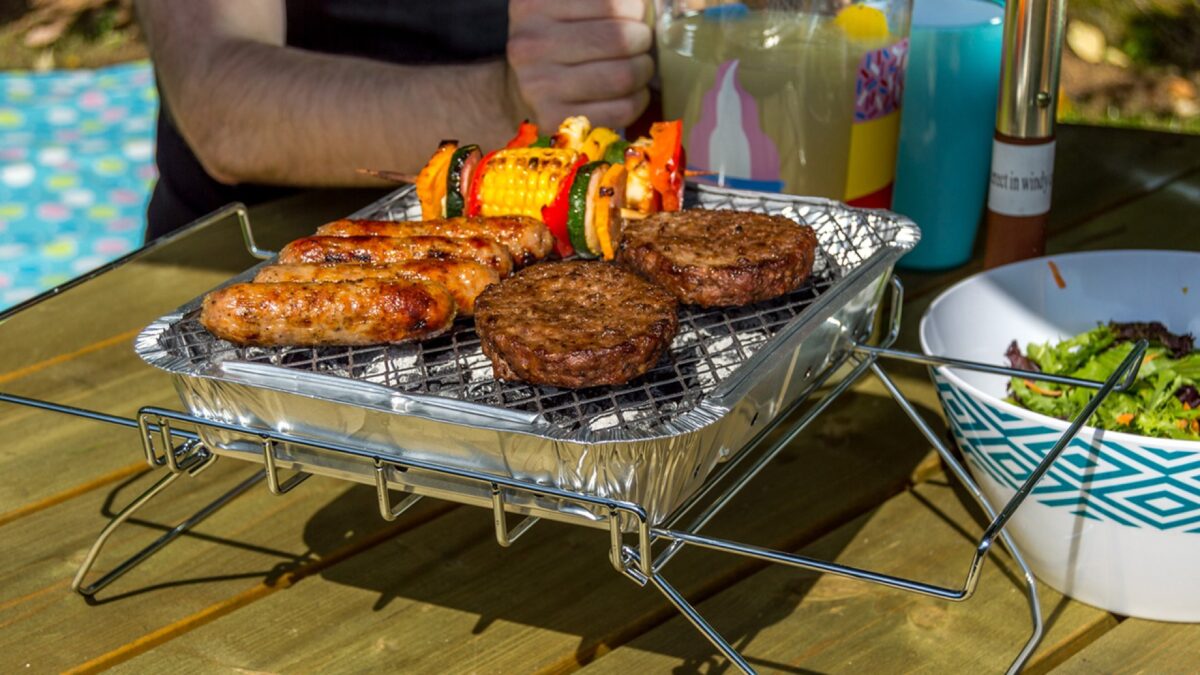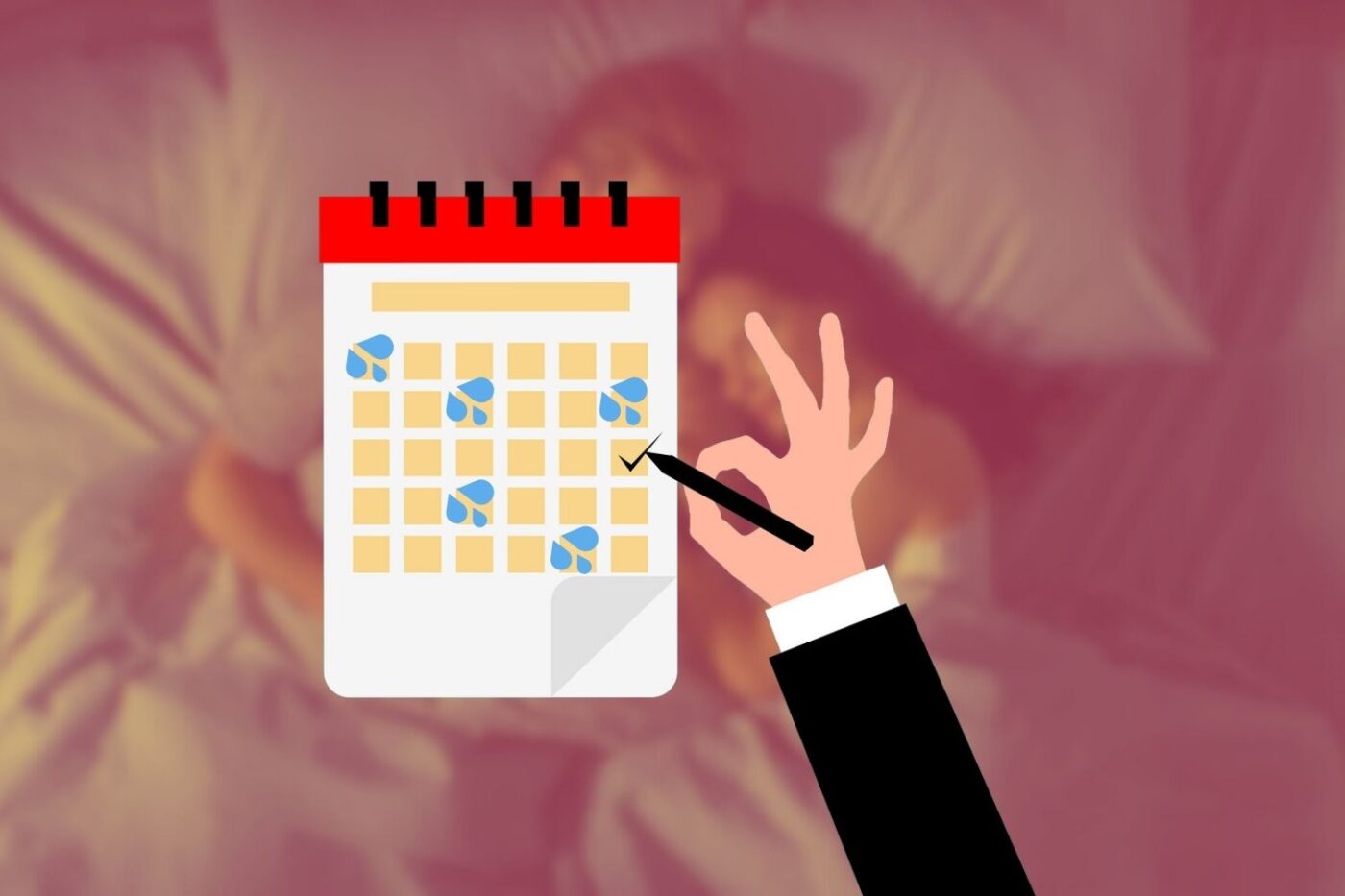Health and wellness is a minefield for men, with constantly conflicting news about the best exercise, nutrition, and lifestyle habits flooding the internet at an overwhelming rate. While we may be guilty of occasionally adding to that pile, today we do so with some news that we think guys will welcome…
A study from Harvard University, published in the National Library Of Medicine, has revealed that men who ejaculate at least 21 times per month are at significantly lower risk of prostate cancer compared to those who don’t. The study summarises its findings as follows:
“Evidence suggests that ejaculation frequency may be inversely related to the risk of prostate cancer (PCa), a disease for which few modifiable risk factors have been identified.”
Jennifer R. Rider et al.
TIL That men who ejaculate more frequently significantly, like 21 times a month, lower their risk of prostate cancer compared to those who do it less according to a Harvard 2016 peer-reviewed study published in a reputable scientific journal.
byu/Meettoday intodayilearned
While the news of this groundbreaking was met with enthusiasm from men across the board, it also garnered a predictable onslaught of well-meaning dirty jokes from keen commenters on Reddit. Here are a few of our favourites:
“Try and get all 21 times out of the way by midday on the 1st and you’ve freed up your schedule for the rest of the month.”
Pattoe89
“I won’t have cancer but I’ll have carpal tunnel.”
Ikeeki
Conquering The ‘Big C’
Humorous as this particular study may be to some, it taps into a very serious wider issue around the consistently high rate of cancer in men, which is roughly 50% higher than the risk experienced by women; one in two men will endure cancer in their lifetime, compared to one in three women.
Here are some other lifestyle tricks that can help reduce that risk, alongside keeping your juices flowing…
Avoid Diet Coke
Earlier this year, the WHO designated one of the world’s most popular soft drinks (or, more specifically, the active sweetener therein) a cancer risk, putting to bed endless debates that have raged in fitness communities for years.
One of the world’s most commonly used artificial sweeteners, aspartame – which is what sweetens Diet Coke – was labelled as a possible carcinogen by the International Agency for Research on Cancer (IARC), a leading global health body affiliated with the World Health Organization (WHO). This decision pitted the sweetener — which is used in many of the world’s most popular soft drinks and confectionery, not just Diet Coke — against the food industry and regulators.
Go Easy On The BBQ
This one is an especially hard pill to swallow for Aussies, but The American Institute for Cancer Research (AICR) and the World Cancer Research Fund (WCRF) in 2016 found that stomach cancers were linked to a high percentage of body fat, high alcohol intake and high consumption of processed meats. Tailing that research also came the startling suggestion that grilled or barbecued meats could also be a risky health choice.

Slap On The Sunscreen
As Cancer Council NSW’s Skin Cancer Prevention Manager Liz King previously told DMARGE:
“In NSW, men over the age of 40 are 1.5 times more likely to be diagnosed and 2.5 times more likely to die of melanoma than women of a similar age. Worryingly, men generally have poorer sun protection behaviours than women and are more likely to engage in behaviours that increase their UV exposure and skin cancer risk; they’re more likely to be outdoors, less likely to use SPF30+ sunscreen, and more likely to have tanned skin (a sign of UV damage).”
Sip Don’t Swallow
Back in 2020, researchers discovered that tea drinkers who liked to down their tea at 60 degrees Celsius (140 degree Fahrenheit) or more at a quantity of 700ml per day had a 90 percent higher risk of developing cancer when compared to those who drank less tea at cooler temperatures.
The study from the International Journal of Cancer came to this conclusion by tracking over 50,000 individuals between the ages of 40 and 75 years-old across a decade.
“Many people enjoy drinking tea, coffee, or other hot beverages. However, according to our report, drinking very hot tea can increase the risk of esophageal cancer, and it is therefore advisable to wait until hot beverages cool down before drinking,” explained Dr. Farhad Islami, the study’s author from the American Cancer Society.
Sadly, the Big C is a risk for men everywhere, and much of the advice for reducing that risk can feel like a killjoy… We hope this news about getting a regular ‘release’ provides a rare boon to those trying to keep ill-health at the door.
